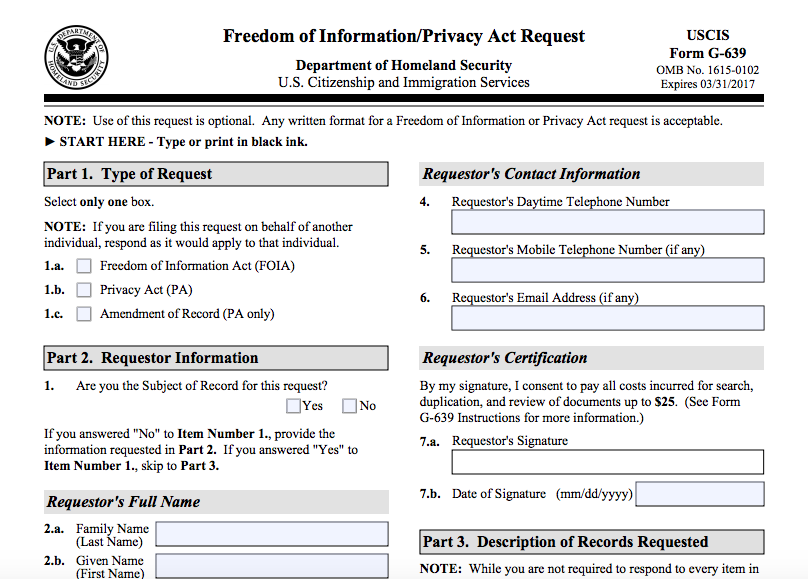Director of the School of Journalism David Cuillier, testified to the Senate Judiciary Committee on Tuesday, advocating for changes to the Freedom of Information Act.
FOIA was signed into law in 1966 and has helped citizens request access to federal records, unless the request falls under nine exemptions. Last month, President Barack Obama signed into law the FOIA Improvement Act of 2016, which was the most recent amendment since 2007.
This isn’t the first time Cuillier, who is the former president of the Society of Professional Journalists, has advocated for FOIA improvements.
Cuillier, who said it’s a cause he’s been a part of for over a decade, last stood before the same committee to advocate for a change in how citizens gain access to government information in 2014.
In the latest update to FOIA, Cuillier said that some of the changes he advocated for in 2014 were seen in this new amendment.
Cuillier said these new changes will help instill a sense of openness rather than secrecy.
“What it does is it really strengthens the Freedom of Information Act so that citizens have a better chance of getting information that they deserve to have,” Cuillier said. “It puts into law the presumption of openness, that our government information and records are public and accessible to anyone.”
Even with the new amendment that helps the law transition to a more digital age, Cuiller said that there are still further improvements to be made.
“Well there’s a lot to be done,” Cuillier said. “Despite the improvements, our FOIA is still not very strong compared to other laws and other countries. There are a lot of countries that have stronger laws than [us], including México, Russia and Kyrgyzstan.”
Cuillier said the act still has a long way to go in order to match the way other countries handle the dissemination of government information.
During his testimony, he proposed five additional changes that should be made to ensure the passage of information to citizens:
- FOIA training for government employees
- User-friendly online system to store documents
- End the overuse of exemptions
- Enforce punishment if officials or agencies don’t comply with FOIA
- Charge commercial requesters’ higher fees
“The law really needs enforcement provisions,” Cuillier said. “If a government employee breaks this law, there are no repercussions.”
Cuillier said the house version of the amendment did include penalties for government employees who break the law, but since it didn’t get passed this time, they need to revisit it.
In his testimony, Cuillier cited the work of Jeannine Relly and Carol Schwalbe, both associate professors at the UA School of Journalism, who co-authored a study that examined six decades of congressional testimony on commercial lobbyists and the effects they had on FOIA.
Their study was published earlier this year in Government Information Quarterly and they found that commercial representatives made an effort to weaken policies that would make information available.
Relly said the study found that “different industry groups, give or take the generation or the decade, were interested in curbing information that the government would release to the public.”
Within the past two years, there were multiple attempts to update the FOIA that never made it into law.
Relly thinks that the reason for this new piece of legislation has a lot to do with timing.
“This is what happens with legislation quite often—when certain things occur and line up at the same time, in this particular case it was the fiftieth anniversary of the FOIA,” Relly said. “It would been quite surprising for it not to get adopted the year of the 50 anniversary […] But it wasn’t like this just started this year, there has been a lot of effort for several years.”
Follow Lauren Renteria on Twitter.









